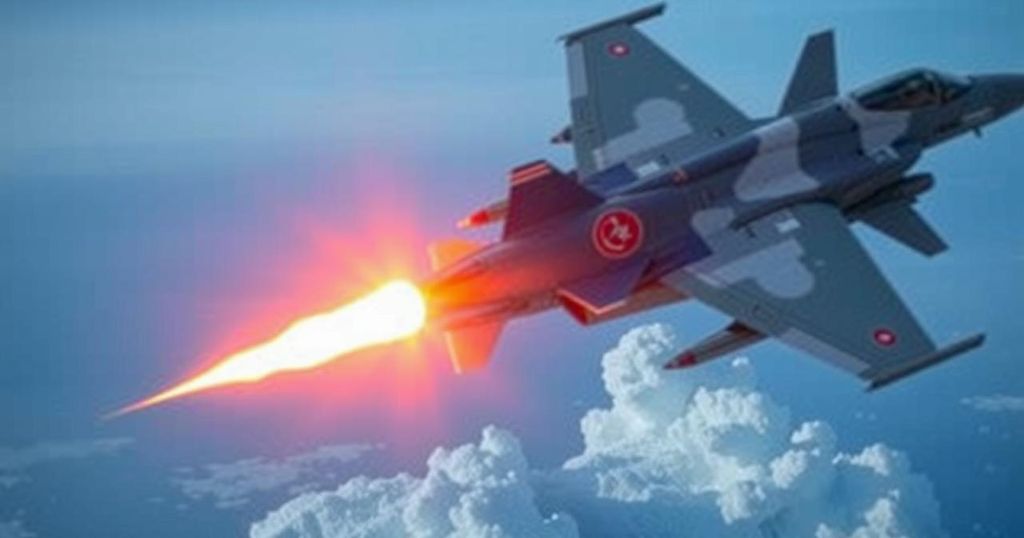Russia Missile Suspected in Azerbaijani Plane Crash as Investigation Unfolds
Reports indicate that a Russian surface-to-air missile may have struck an Azerbaijani passenger jet that crashed near Aktau, Kazakhstan, killing 38 of the 67 aboard. An investigation is underway, with the Kremlin warning against premature conclusions. The incident underscores the importance of aviation safety amidst regional tensions and military activities.
Recent reports have emerged suggesting that a Russian surface-to-air missile may be responsible for the tragic crash of an Azerbaijani passenger jet, as communicated by Azerbaijani and U.S. officials. The aircraft, an Embraer 190, crashed near Aktau, Kazakhstan, following an unexplained course deviation. Out of the 67 individuals on board, 38 were reported dead. Throughout the investigation, speculation has heightened, especially in light of the plane’s unexpected path over a region associated with Ukrainian drone activity. The Kremlin has urged caution against forming premature theories regarding the incident.
An initial investigation indicated significant shrapnel damage on the plane’s wreckage, leading some experts to draw comparisons to the downing of Malaysia Airlines Flight MH17 in 2014. Eyewitness accounts described scenes of devastation, with survivors inflicted by shrapnel injuries. Azerbaijan Airlines initially claimed that the aircraft flew through birds, but later retracted this statement. The President of Azerbaijan, Ilham Aliyev, has proclaimed a day of mourning and expressed condolences to the victims’ families. In this context, two flight recorders have been recovered, and both Azerbaijani and Kazakh authorities continue to investigate the matter thoroughly.
The incident raises fundamental concerns regarding the safety of air travel in conflict-affected areas, particularly in light of ongoing military tensions in the region. The use of surface-to-air missile systems has previously led to civilian aircraft being accidentally targeted during conflicts, most notoriously the downing of Malaysia Airlines Flight MH17. With this tragic accident, the importance of effective missile defense systems and the protocols surrounding airspace management come to the forefront, demanding scrutiny and improvement to prevent similar incidents in the future.
In conclusion, the suspected involvement of a Russian missile in the crash of the Azerbaijani airliner emphasizes the need for careful investigation and a reassessment of air travel safety in volatile regions. With many lives lost and ongoing international implications, it is crucial that authorities expedite their inquiries and foster dialogue intended to enhance safety measures in the aviation sector. The global community must remain vigilant in addressing the risks posed to civilian aircraft navigating sensitive zones.
Original Source: www.wfxg.com




Post Comment